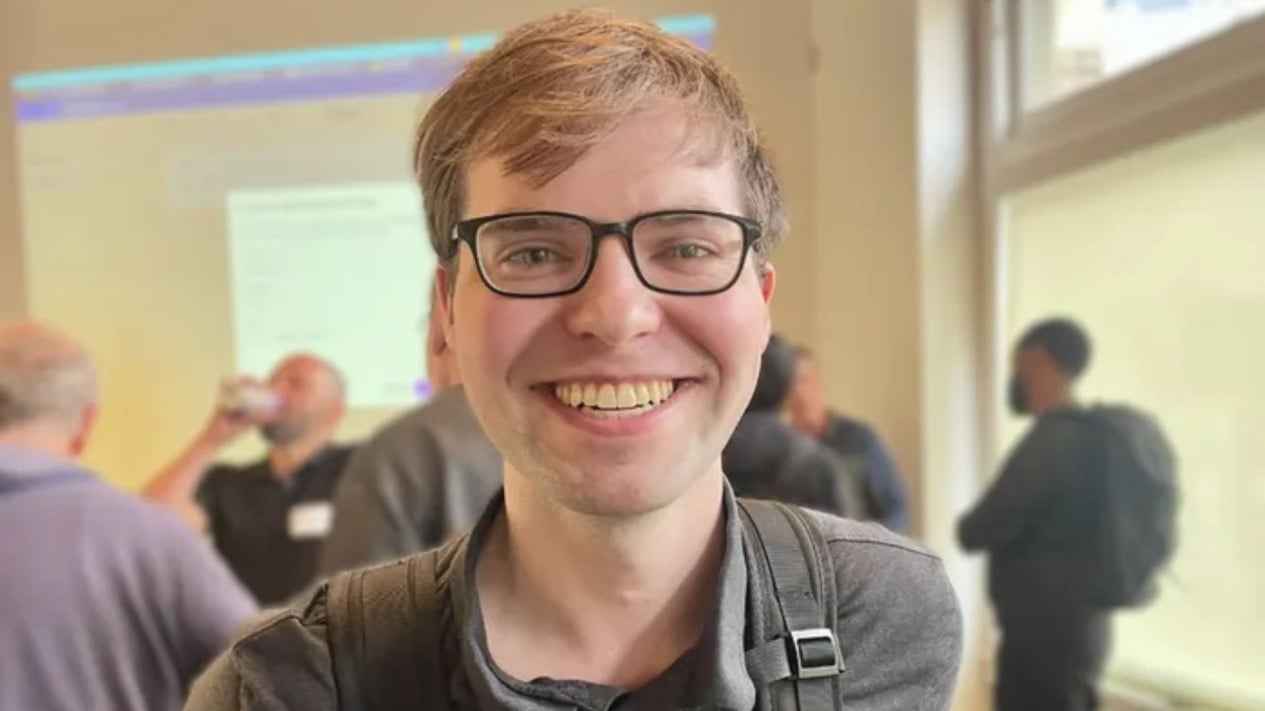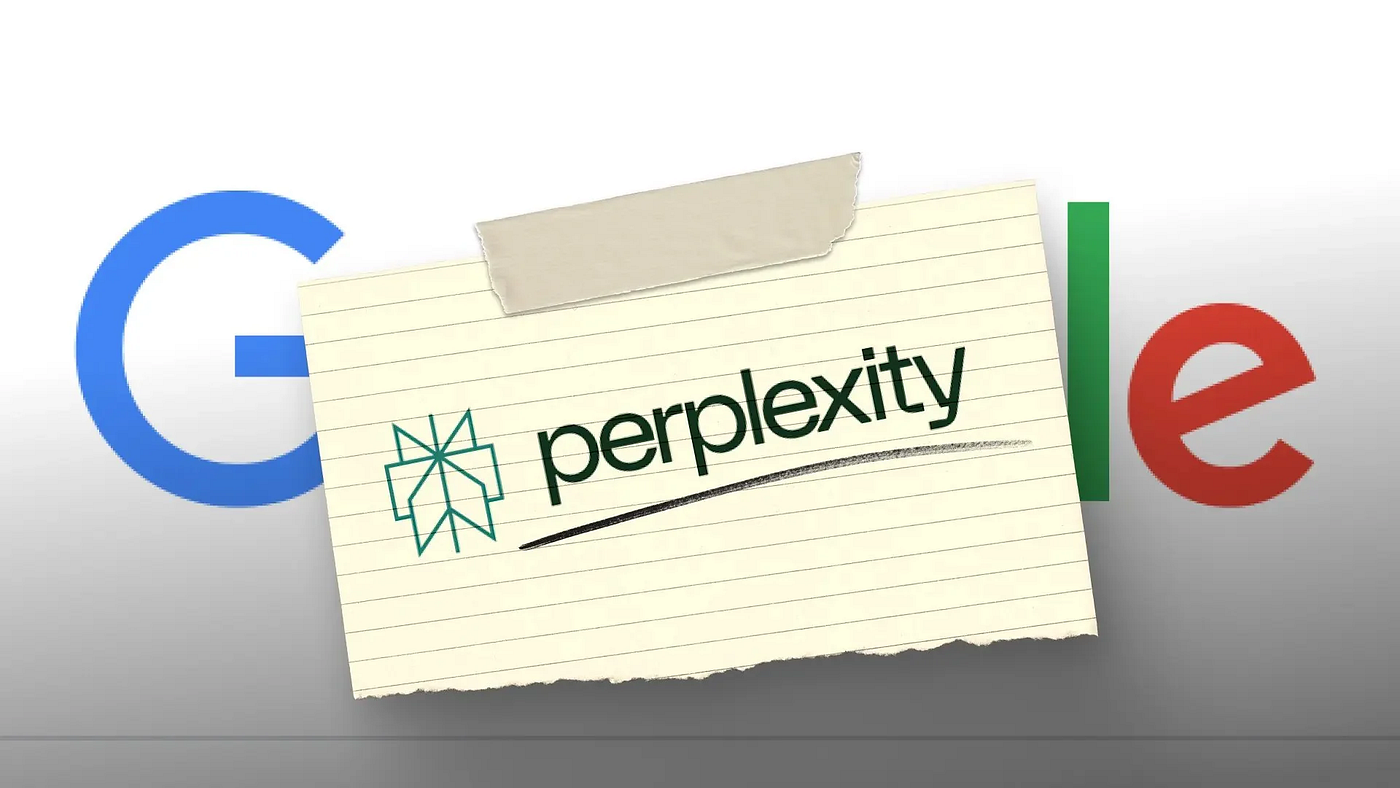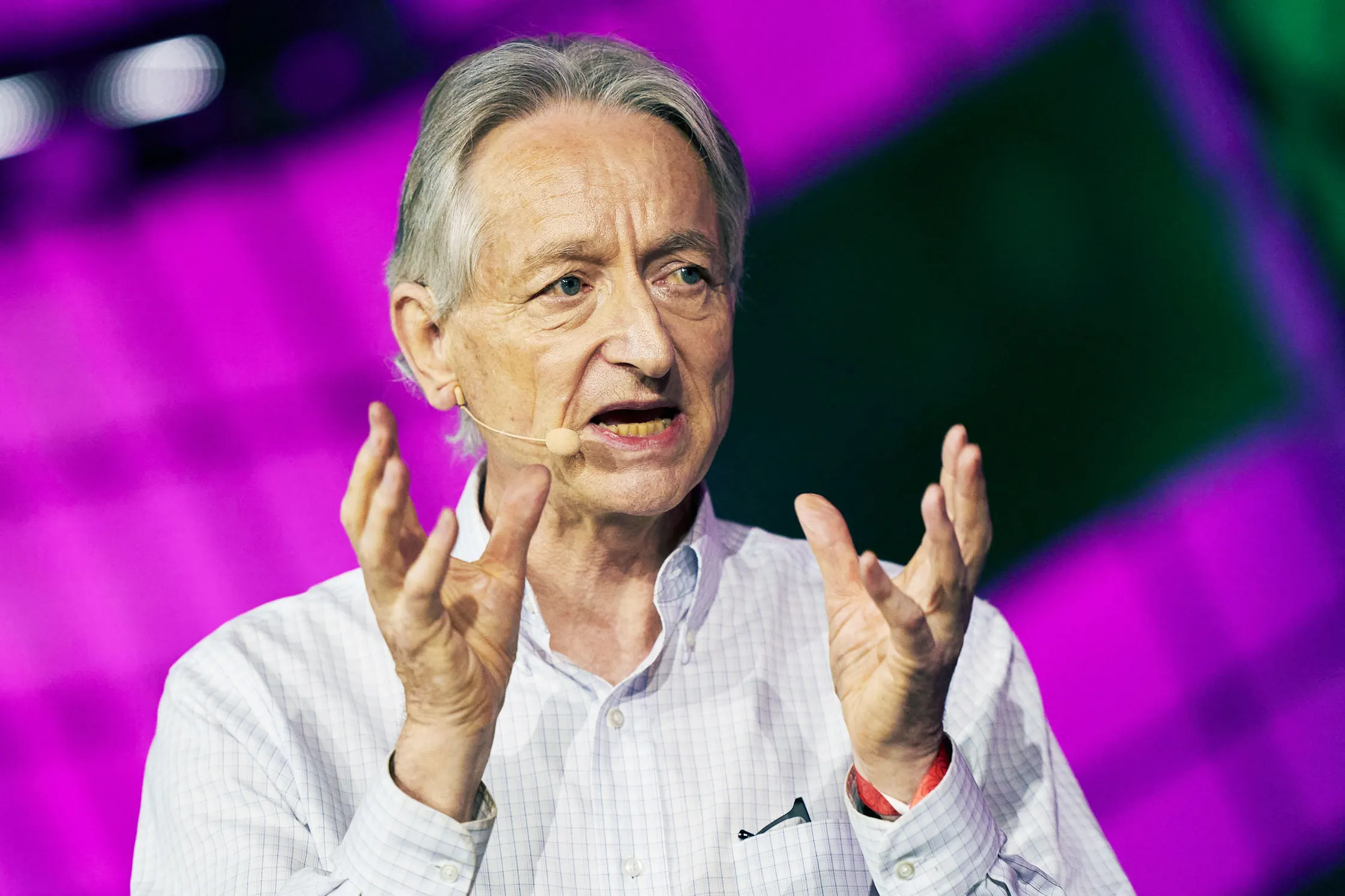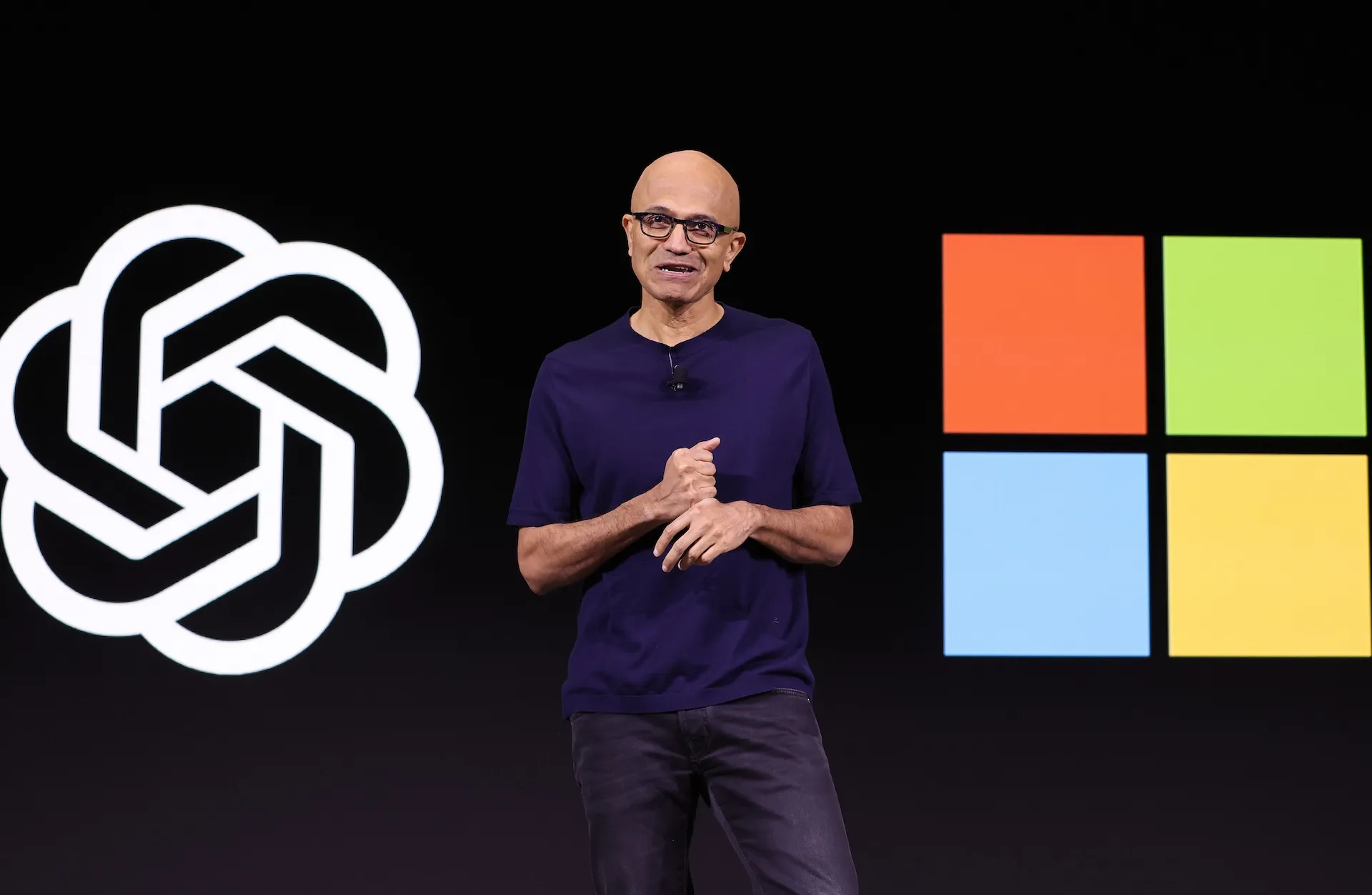In the high-stakes world of artificial intelligence, top researchers are now negotiating compensation packages that rival those of NBA icons like Steph Curry and LeBron James. As tech giants race to achieve breakthroughs in “superintelligence”—AI systems surpassing human capabilities—the value of elite talent has skyrocketed. Recent reports reveal deals reaching up to $250 million over four years, blending cash, stock options, and access to massive computing resources. This phenomenon underscores the intense competition for a scarce pool of experts capable of advancing cutting-edge models.
The Case of Matt Deitke: A $250 Million Recruitment Saga
At the center of this frenzy is 24-year-old Matt Deitke, a former PhD student at the University of Washington who co-founded the AI startup Vercept. Deitke, known for his work on multimodal AI at the Allen Institute for Artificial Intelligence—where he led the development of the chatbot Molmo—received an initial offer from Meta of about $125 million in stock and cash over four years. When he hesitated to leave his startup, Meta CEO Mark Zuckerberg personally intervened, doubling the package to approximately $250 million, with up to $100 million potentially disbursed in the first year alone.
Deitke’s decision wasn’t made in isolation. Like NBA free agents consulting their entourages, he sought advice from peers in Slack and Discord groups, weighing offers against the potential upside of his startup. Ultimately, he accepted Meta’s revised deal, prompting Vercept’s CEO to quip on social media about visiting Deitke on his “private island” next year. Deitke’s credentials, including an Outstanding Paper Award at NeurIPS 2022 for contributions to 3D datasets and embodied AI, made him a prime target in computer vision and multimodal research.
This package surpasses Curry’s four-year, $215 million extension with the Golden State Warriors, highlighting how AI researchers are leveraging a market without salary caps. Discussions on platforms like Reddit and Hacker News express awe and skepticism, with users noting that such deals are reserved for PhD-level experts with top publications, often tied to performance milestones.
The Talent Wars Among Tech Titans
Major players like Meta, OpenAI, Microsoft, and Google are fueling this escalation. Meta maintains “the List,” a curated roster of elite AI minds with advanced degrees, lab experience, and groundbreaking papers, to streamline recruitment. Microsoft has aggressively poached over 20 staff from Google’s DeepMind in recent months, while Meta has invested over $1 billion to attract talents like Ruoming Pang from Apple.
Offers extend beyond money, including access to scarce resources like 30,000 GPUs for model training—essential in an era where compute power is as valuable as talent. Zuckerberg has defended these investments, stating Meta’s belief that superintelligence will “improve every aspect of what we do.” OpenAI’s chief research officer, Mark Chen, acknowledges counteroffers but emphasizes their company’s unique potential for impact.
This marks a dramatic rise from past benchmarks. In 2012, Google acquired a University of Toronto AI team for $44 million (about $62.6 million adjusted for inflation), and by 2014, top AI salaries hovered around $1 million annually. Today, the hype around artificial general intelligence (AGI) and trillions in market valuations have inflated these figures exponentially.
Historical Parallels and Broader Implications
These salaries eclipse those from historic scientific endeavors. J. Robert Oppenheimer, director of the Manhattan Project, earned roughly $763,000 annually in today’s dollars, while NASA’s top engineers during the Space Race maxed out at about $278,000 after decades of service—amounts a modern AI prodigy might earn in mere days.
Critics point to widening inequality: While a handful of researchers amass fortunes, tech firms like Meta have laid off thousands in non-AI roles, and AI development often exploits unpaid data labor from the internet. Online forums buzz with debates on sustainability, with some arguing that the bubble could burst if AI progress stalls, while others see it as a necessary investment in humanity’s future.
As of August 2025, the competition shows no signs of abating. With AI poised to reshape industries, the era of “NBA-style” researcher contracts may redefine compensation norms across tech, emphasizing the premium on innovation in an increasingly AI-driven world.




